Historically horrifying holiday
To the vast majority of people, Halloween holds the title as the spookiest holiday of the year. However, to several, the holiday means something a bit more negative: namely, underground satanic purposes. Due to the history of Halloween and the superstitions that come with it, numerous people have given it the title of the Devil’s Holiday.
October 31, 2022
As Halloween approaches, children choose costumes, pick pumpkins and participate in various festivities leading up to the spookiest holiday of the year. However, a multitude of kids missed out on the Halloween fun because of its title as The Devil’s Holiday. Instead of trick or treating and dressing up, unfortunate children must stay home and watch other kids indulge in Halloween fun from afar.
Originally known as Hallows Eve, Halloween began over 2,000 years ago as a Celtic holiday to celebrate the end of the harvest season. During the celebration, people wore costumes and lit bonfires to ward ghosts away. Celts believed that on Hallows Eve, the boundary between the worlds of the living and the dead would open. Similar to Dia de Los Muertos in Mexican culture, they would leave offerings, such as food to the ghosts since Hallows Eve celebrated deceased loved ones. They also thought that certain ghosts and otherworldly beings would interfere with crops and cause chaos in their homes. In no way, shape or form did the Celts worship any variation of the Devil or any malevolent entity.
Initially, Halloween never held a negative meaning, but over time people made the holiday seem increasingly heinous. The multitude of conspiracy theories and urban legends attached to Halloween might have resulted in its negative name. People refrain from running into black cats because of their supposed bad luck. Several people avoid bad omens such as walking under ladders, stepping on cracks or breaking mirrors near Halloween as well. These superstitions simply cloud people’s heads with false information.
“I’m not afraid of the world. I’m not afraid of any devil or demon or incantation. They are terrified of me. Halloween is now my holiday, and I am claiming all candy for the glory of God and the celebration of the Saints. What now? I’ll dress up however I like! My favorite characters, pop culture stuff, whatever. It’s my party and you’re invited. I’m alive today and a Saint tomorrow. Give me candy,” model and socialite Hailey Bieber said.
Instead of becoming gory and frightening, Americans in the early 19th century tried to water down Halloween extremes. The holiday has decreasingly become geared toward paranormal activity and witchcraft and leans toward trick-or-treating and fun festivities. During this era, children began dressing up as simple characters such as witches, clowns and ghosts.
“I’ve never really been a huge fan of Halloween. My family doesn’t really celebrate it but we would still try to do something fun on Halloween like seeing a movie or my church would sometimes hold an event. I have been trick or treating once because I did want to experience but after that, I didn’t really care for it anymore. I don’t have a problem with Halloween, it’s just something my family doesn’t put a big emphasis on,” magnet senior Brooklyn Bolden said.
Numerous conservative Christians believe that Halloween exhibits pagan values. Paganism refers to the idea of polytheism and connecting with the natural world and they believe in spiritual beings, such as nature spirits and ancestral spirits. Christians oppose pagans because of their polytheistic beliefs and rituals, commonly labeling them as satanic. Since Halloween correlates with satanic, pagan beliefs in the eyes of several Christians, it acquired its name as the Devil’s Holiday.
The negative title given to Halloween causes several kids to miss out on celebrating the holiday. The parents of these children usually reason that Halloween correlates with the Devil, defies Christian values or promotes satanic ideas. Since the Celtic practices happened before Christianity, they focused on nature and other deities besides God. This led a variety of conservative Christians to perceive All Hallows Eve as a cult instead of a cultural tradition. However, this tradition only served as a designated time to celebrate the end of the harvest season and remember the deceased.




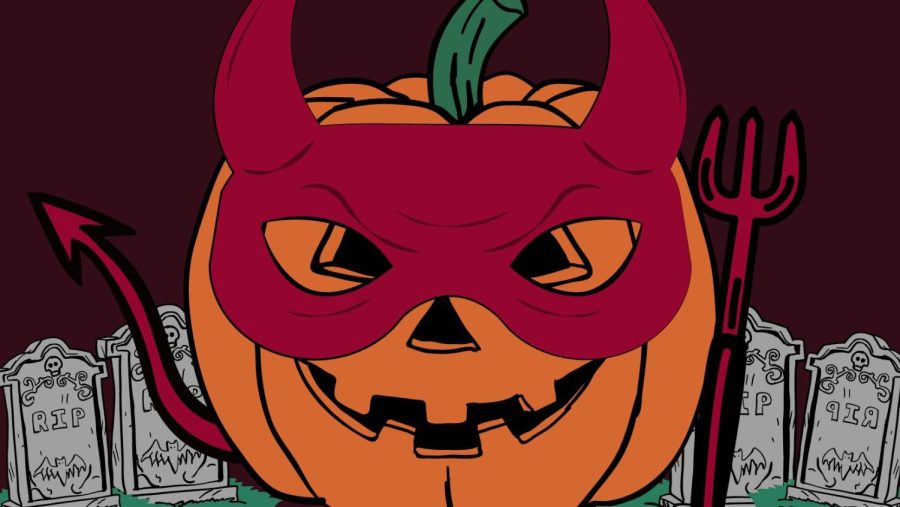





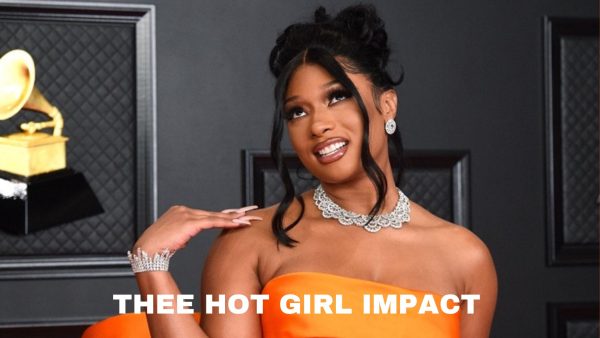
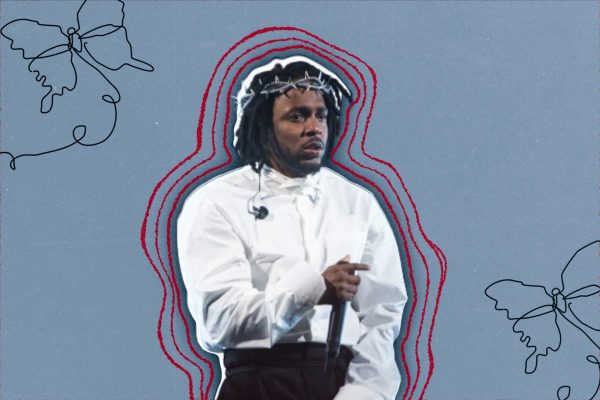

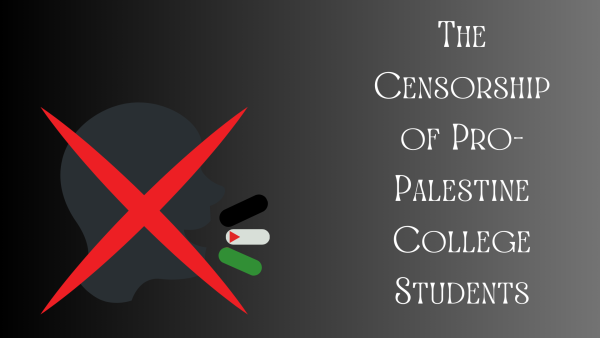
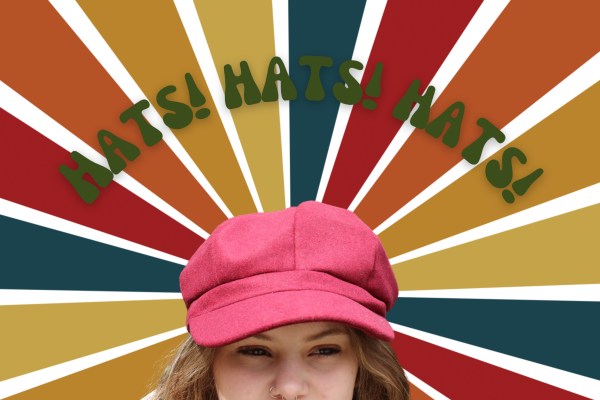

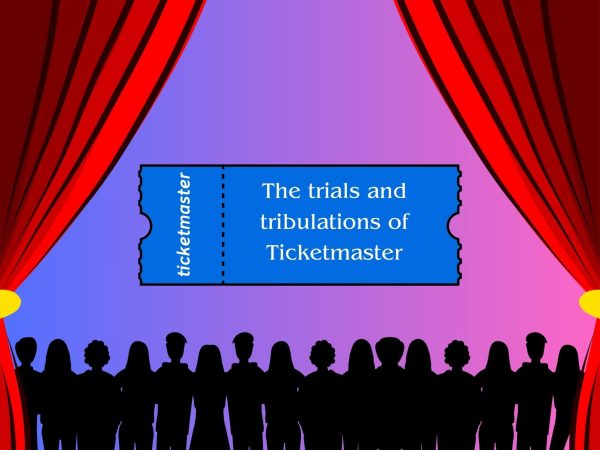
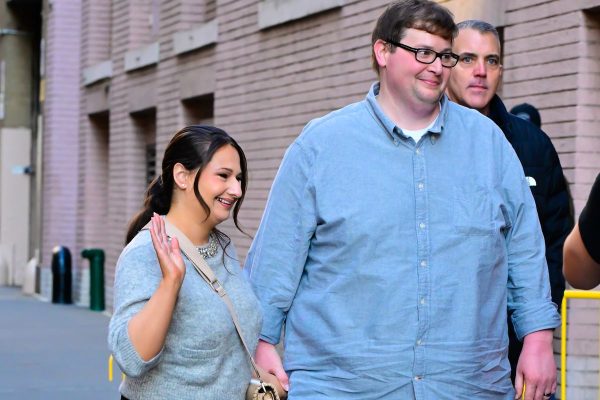
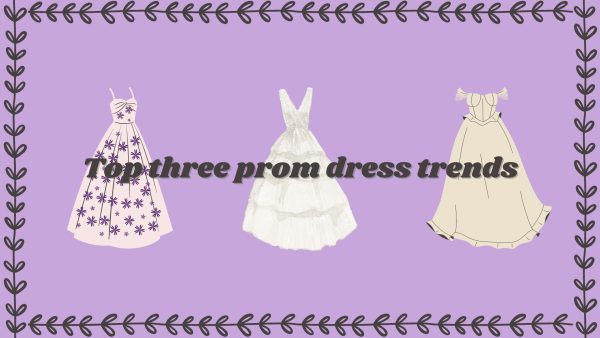
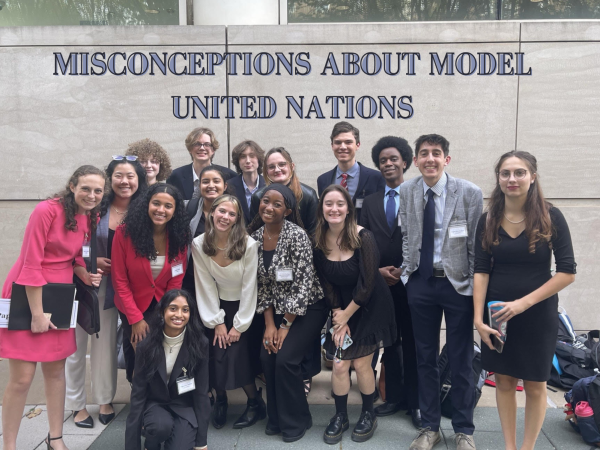
Jeannie • Oct 31, 2022 at 2:13 PM
Great article, I have always enjoyed Halloween growing up never thought of it ad something bad or dark.